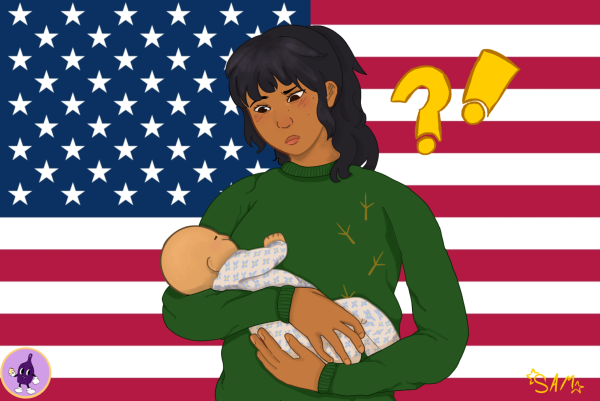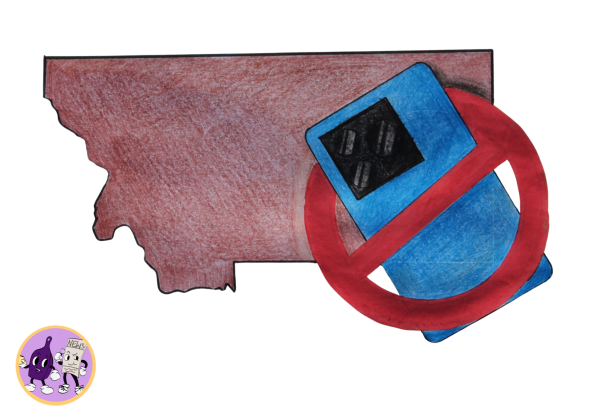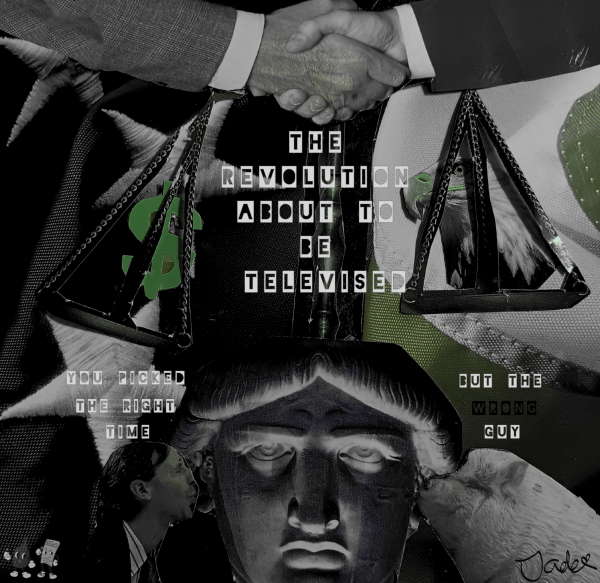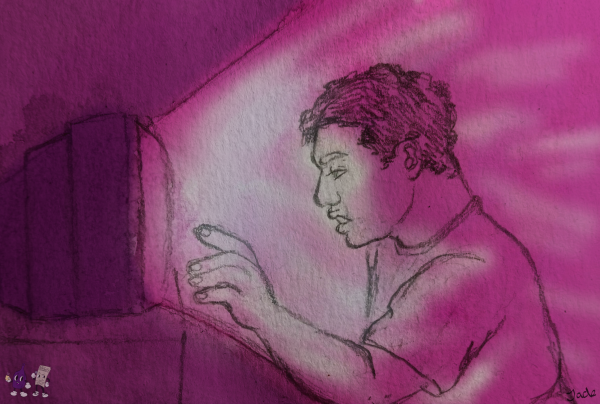U.S. GOVERNMENT HAS BLOCKED RAIL WORKER STRIKE
President Joseph Biden has intervened in a worker strike. Why?
Railroad tracks in forest
On November 30, 2022, the House of Representatives passed two measures in regard to resolving a potential railroad strike (which was to occur on December 9, 2022); the first being to block the strike itself, and the second to include an offer for paid sick leave for rail workers in the deal. On the first of December, 2022, The United States Senate voted on the resolution. The strike was blocked in an 80-15 vote, but the paid sick leave was dropped 52-43 (both required a 60 vote minimum to pass the senate) (NPR). Then, on December 2, the bill landed on President Biden’s desk and was signed into law (Reuters).
…we are rewarding a concerted
Pres. Biden (1993)
decision of the railroads that
would have caused fevered
expressions of outrage by
industry had the unions taken
a similar step…
This is unacceptable. In the past, even President Biden has agreed. In 1992, the senate was asked to pass a similar bill. Joseph Biden was one of only 6 senators to side with railroad workers, saying “I am concerned about the serious effects of a continued shutdown of our Nation’s rail system…But I am also concerned that we are rewarding a concerted decision of the railroads that would have caused fevered expressions of outrage by industry had the unions taken a similar step…I am not convinced that we should act to reward the actions of the railroad companies at this time” (A More Perfect Union). Of course, viewpoints change over time, especially thirty years. Biden, at the time, was speaking solely as a senator of Delaware, but is now speaking as president of the entire country. Regardless, the demands of rail workers are simple, primarily asking for increased pay and paid sick leave. Despite the senate blocking the portion of the resolution which offered seven paid sick days to railroad employees, President Biden still allowed the resolution to pass. This shows the side on which the Senate and President Biden both are: The side of the elite, of the minority. It seems that they no longer work for the American people, but for whoever can pay the most.
Time and time again we have seen “band-aid solutions” pass and fail. One of these is traffic, for example. Often, the solution to traffic congestion is to simply add another lane, but this only barely helps the problem. According to Transportation for America, between 1993 and 2017, highways in the largest 100 urban areas expanded by 42 percent, whereas the population expanded by 32 percent. Delay, however, increased by 144 percent. A proper solution to this problem would be to improve alternative transportation infrastructure. This means encouraging carpooling, expanding public transportation funding, and perhaps even re-expanding the railroad system, once again allowing for actual passenger trains to move people throughout the country. So how can this be applied to the rail worker strike? While a large rail worker strike would negatively affect the economy, especially during the Christmas season, it sets a precedent. When workers like those currently on strike against Starbucks, or when Amazon warehouse workers inevitably strike later on, it will be far easier for the corporations to block what can be viewed as an essential act in gaining the deserved rights of workers. How will the economy hold up when workers’ rights are slowly dissolved, leaving the wealth exclusively in the hands of those on top? Simple answer: It won’t.
To block a worker strike is to disregard workers rights. This will not be tolerated. The American working class has long been composed of the strongest and bravest citizens. If strikes continue to be blocked, unions continue to be busted, and workers rights continue to be stripped away, it is likely that violence will emerge. To rule by the hand minority class is by definition apartheid rule, to ignore the pleas of the many in favor of the few is to discard democracy, and to destroy the working class is to destroy America and the American dream.
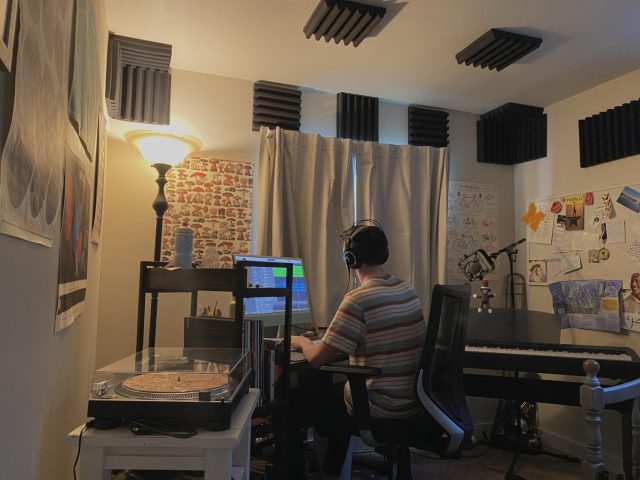
“If you stick a knife in my back nine inches and pull it out 6 inches, that’s not progress. If you pull it all the way out, that's not progress. The...






